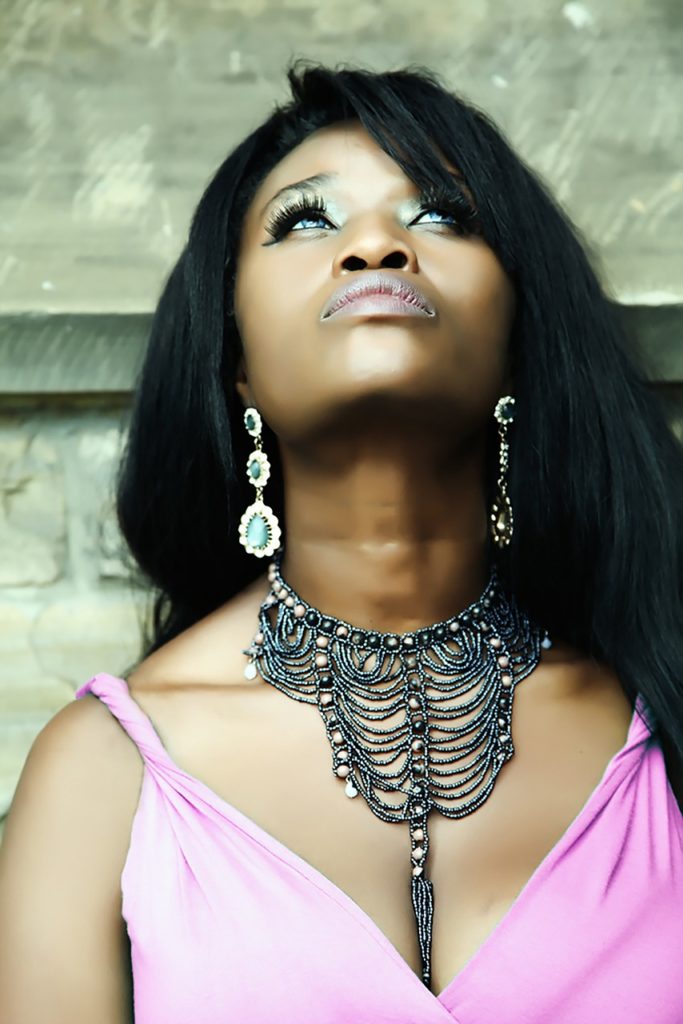- Calls to this hotline are currently being directed to Within Health, Fay or Eating Disorder Solutions
- Representatives are standing by 24/7 to help answer your questions
- All calls are confidential and HIPAA compliant
- There is no obligation or cost to call
- Eating Disorder Hope does not receive any commissions or fees dependent upon which provider you select
- Additional treatment providers are located on our directory or samhsa.gov
Health at Every Size: How to Celebrate Body Diversity

The Health at Every Size Movement has gained notoriety over the years but has been around since Lew Louderback wrote an article entitled “More People Should be Fat” in 1967 [1]. In this article, he began speaking up for body diversity and out against many of the social standards HAES continues to battle today – that fat people live in a world where they are viewed as unacceptable in every way and are openly discriminated against because of this.
Since then, books from 1982’s “Diets Don’t Work” by Bob Schwartz to 2008’s “Health at Every Size: The Truth About Your Weight” by Linda Bacon, HAES ideologies have continually grown and adapted into the movement we see today.
The Body Diversity Movement
A major tenet of this movement is acknowledging and respecting the various aspects that make each individual unique, as well as celebrating body diversity [2]. Honoring and celebrating diverse bodies is at the center of the HAES philosophy, as the distress that results when diverse bodies are not respected is what the movement was created to combat.
Individuals whose bodies do not fit the socially accepted and respected standards of weight, size, and appearance are more likely to have decreased self-worth and increased mental illness, discrimination, and eating disorder diagnoses.
HAES posits that social and medical understandings of weight, health, and worth lead to increased dieting behaviors “dieting and restriction also cause physical, emotional, and spiritual distress [3].”
These beliefs are impactful on the societal level as well, with research indicating individuals living in larger bodies are more likely to be discriminated against when it comes to socialization, employment, housing, etc.
Hope for Positive Results
 Celebrating body diversity would mean fighting against all of these negative impacts of weight bias. Imagine creating a culture where the years of struggle over low self-worth before hopefully finding self-acceptance were not accepted as a given “rite-of-passage.”
Celebrating body diversity would mean fighting against all of these negative impacts of weight bias. Imagine creating a culture where the years of struggle over low self-worth before hopefully finding self-acceptance were not accepted as a given “rite-of-passage.”
We could see incredible cultural progress if the energy, money, and time spent on diet industry nonsense and attempting to alter what is natural would, instead, be spent on education, connection, and innovation.
Perhaps you are reading this and know all-too-well the discrimination and struggle mentioned, or you recognize within yourself the unfair beliefs you have generated about those that do not meet societal ideals of beauty.
Regardless, the journey to celebrating body diversity can begin with you. Consider the ways in which you attempt to alter your food, exercise, or lifestyle in an attempt to change your body or society. How much time, money, energy, and joy have you spent in this endeavor?
Where you once held judgment, hatred, or negativity (for yourself or others different from you), inject compassion, empathy, and acceptance. Identify beliefs you hold about weight, size, and appearance that may be discriminatory or harmful and explore how you can replace them with more empowering and weight neutral beliefs.
Notice moments in your daily life where a statement or action is made against you or another based on body size, weight, or appearance, and be bold enough to speak against it.
Celebrating body diversity begins when we first deconstruct our own harmful beliefs and assumptions and grows when we then intentionally and actively speak new beliefs and behaviors into existence.
Resources:
[1] Kight, D. (2014). Understanding the history of fat acceptance: Lew Louderback’s 1967 article. Powerful Hunger, retrieved from http://www.powerfulhunger.com/powerful_hunger_blog/history-of-fat-acceptance-lew-louderback-1967-article/. [2] Penney, T.L., Kirk, S.F.L. (2015). The health at every size paradigm and obesity: missing empirical evidence may help push the reframing obesity debate further. American Journal of Public Health, 105:5. [3] Bacon, L. (2021). Health at every size. Health at Every Size. Retrieved from https://haescommunity.com/About the Author:
 Margot Rittenhouse, MS, PLPC, NCC is a therapist who is passionate about providing mental health support to all in need and has worked with clients with substance abuse issues, eating disorders, domestic violence victims, and offenders, and severely mentally ill youth.
Margot Rittenhouse, MS, PLPC, NCC is a therapist who is passionate about providing mental health support to all in need and has worked with clients with substance abuse issues, eating disorders, domestic violence victims, and offenders, and severely mentally ill youth.
As a freelance writer for Eating Disorder Hope and Addiction Hope and a mentor with MentorConnect, Margot is a passionate eating disorder advocate, committed to de-stigmatizing these illnesses while showing support for those struggling through mentoring, writing, and volunteering. Margot has a Master’s of Science in Clinical Mental Health Counseling from Johns Hopkins University.
The opinions and views of our guest contributors are shared to provide a broad perspective on eating disorders. These are not necessarily the views of Eating Disorder Hope, but an effort to offer a discussion of various issues by different concerned individuals.
We at Eating Disorder Hope understand that eating disorders result from a combination of environmental and genetic factors. If you or a loved one are suffering from an eating disorder, please know that there is hope for you, and seek immediate professional help.
Published January 21, 2021, on EatingDisorderHope.com
Reviewed & Approved on January 21, 2021, by Jacquelyn Ekern MS, LPC

The EatingDisorderHope.com editorial team comprises experienced writers, editors, and medical reviewers specializing in eating disorders, treatment, and mental and behavioral health.

